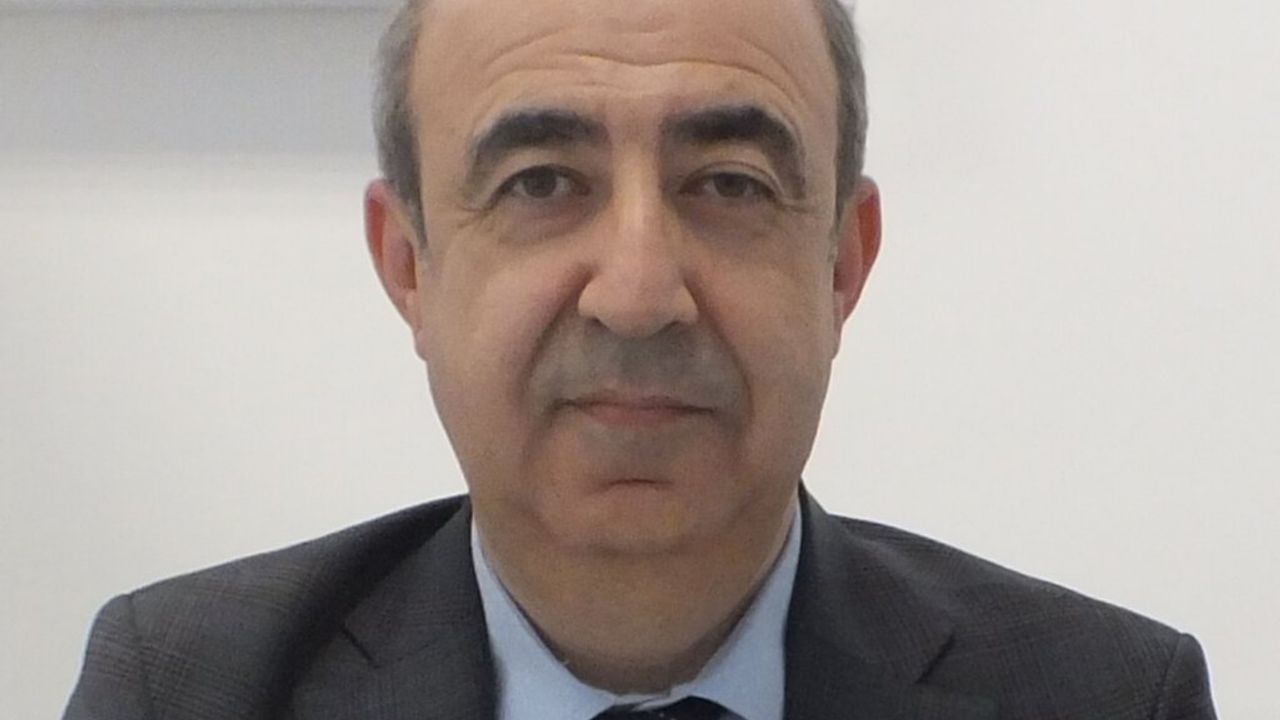Respiratory Association TÜSAD continues to provide information in order to be protected from extreme temperatures, which are gradually increasing with global warming. Making important recommendations to asthma patients on behalf of TÜSAD Asthma and Allergy Working Group, Prof. Dr. Levent Cem Mutlu recommended not going out in extreme heat if possible and preferring cool hours for daily activities.
Global warming, which has become a major problem worldwide due to increasing urbanization, industrialization and deforestation, affects the incidence of diseases as well as climate change and ecological problems. While increasing temperatures with climate change cause many health problems, especially in the summer months, the Turkish Respiratory Research Association (TÜSAD), which provides information on this issue, has made important recommendations to asthma patients this time. Speaking on behalf of TÜSAD Asthma and Allergy Working Group, Prof. Dr. Levent Cem Mutlu stated that asthma patients should not go out on extremely hot days if possible, and suggested that cool hours should be preferred for daily activities.
Stating that there are around 300 million asthma patients in the world, Prof. Dr. Mutlu pointed out that the patients were directly affected by climate change-induced weather changes. Noting that asthma symptoms can be exacerbated by substances such as infection, cigarette smoke, air pollution, exercise, occupational agents, house dust mites called allergens, pollen, animal skin rashes and fungal spores, Mutlu gave the following information about the effect of air temperatures on asthma attacks: Hot weather can also cause asthma attacks. Hot air can directly stimulate the bronchi and cause an asthma attack. In addition, an increase in asthma attacks is observed due to the increase in the proportion of allergens such as pollen and plant dust in the inhaled air, with temperatures and humidity above seasonal normals. The increase in the amount of ozone in the atmosphere due to sunlight is another risk for asthma patients. Increasing ozone causes asthma attacks by stimulating the airways.”
VITAL RECOMMENDATIONS FOR ASTHMA PATIENTS
Mutlu listed the things that asthma patients should pay attention to in extreme heat as follows:
Do not go out as much as possible during periods of increased temperature and humidity, and do not travel to areas with high humidity.
Prefer the sea instead of the pool, as chlorine or other chemical disinfectants used in pool disinfection can trigger asthma attacks.
Prefer vehicles with pollen trap air filters during the journey, change the pollen filters on time.
Have regular maintenance of air conditioners used in indoor environments and choose devices that contain pollen filters.
Take your medications in adequate doses and with the right technique.
Avoid other triggers, especially smoking.
Do your exercises during the cooler times of the day.
If your symptoms increase, contact your doctor immediately.
CONCRETE INCREASES IMPACT
Reminding that global warming is one of the most important problems of our world, Mutlu made the following assessment on this issue as well: “The predictions are that the average temperature of our world will increase by 1.0–5.7 degrees at the end of the 21st century compared to the previous century. Increasing world temperature with climate change can cause many health problems and deaths, especially in summer. The fact that the world average temperatures reached record levels in July brought the health problems caused by the extreme heat to the agenda again. In cities where there is less green space and more concrete, the temperatures increase more, while the people living in these regions feel the effects of the heat on health more. Along with the elderly and children, those with chronic diseases such as asthma, COPD, cardiovascular disease, kidney disease, liver disease, diabetes, and those who are overweight are more affected by the negative effects of heat.
ABOUT TÜSAD
Turkish Respiratory Research Association (TÜSAD), which was established in Istanbul on June 22, 1970 as the first scientific professional organization in the field of chest diseases in our country, still continues its activities in line with the aim of "protecting the lung health of the people" with its nearly 5,000 members across Turkey. TÜSAD, which carries out activities for the protection of public health by supporting social and vocational education and research, has undertaken 44 national congresses, numerous scientific meetings, symposiums, two world congresses and awareness and awareness projects in its 53-year history with the slogan of "With an endless breath".













